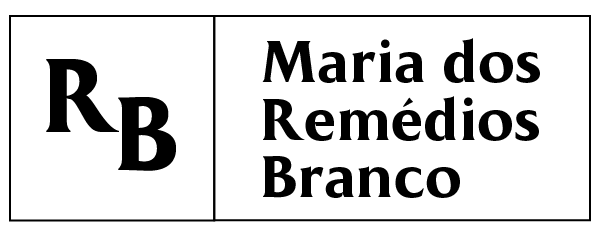Abstract
INTRODUCTION:
Tuberculosis (TB) is an infectious and contagious disease caused by Mycobacterium tuberculosis. TB emerged in the 21st century as an unsolved public health problem. This study aimed to analyze the relationship between the characteristics of basic health units (BHUs) and the number of TB cases detected in Maranhão, Brazil.
METHODS:
An ecological, analytical study was conducted using the municipalities in the state of Maranhão as the unit of analysis. Data regarding the number of detected TB cases was obtained from the Sistema de Informação de Agravos de Notificação database, and the characteristics of the BHUs were obtained from the first cycle of data collection for the Program to Improve Access and Quality of Basic Care. The BHU structure was classified as adequate (80%-100%), partially adequate (60%-79%), poorly adequate (40%-59%), or inadequate (<40%) according to the presence of specified items. The number of BHUs per municipality in each adequacy category was estimated. Inflated Poisson regression analysis was performed to estimate the incidence density ratios (IDRs) and the 95% confidence intervals (95% CIs).
RESULTS:
Municipalities with a higher level of BHU adequacy had a higher number of detected TB cases (IDR = 1.61, 95% CI: 1.01-2.60).
CONCLUSIONS:
Better structured health services in primary care may be associated with better detection and/or notification of TB cases.


 , v. 52, p. e-20180230, 2019.
, v. 52, p. e-20180230, 2019.